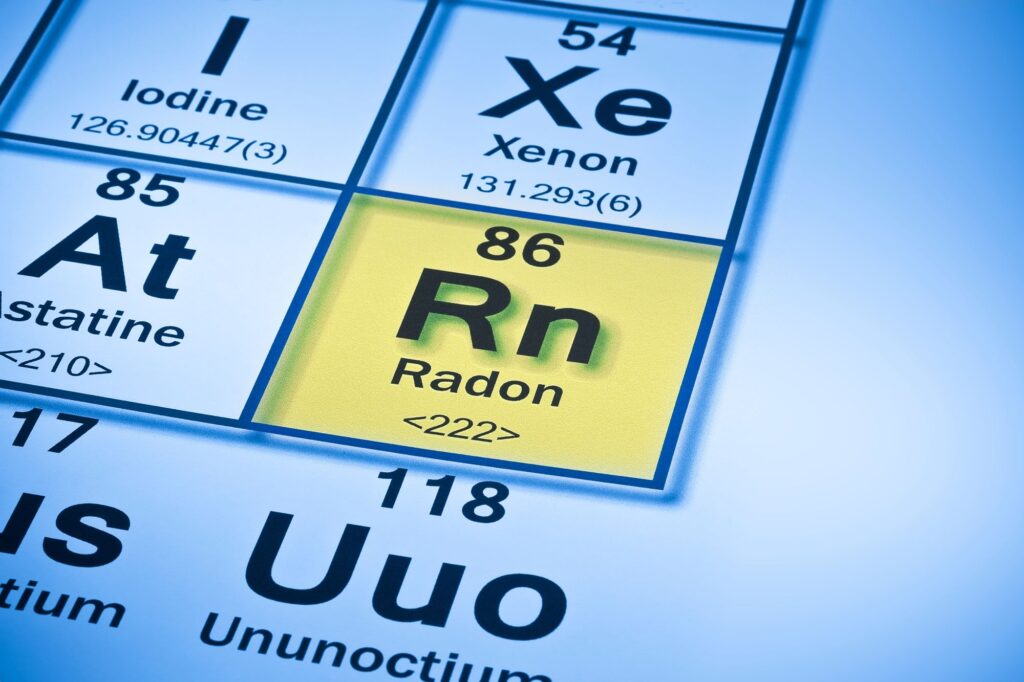Building a cruise liner terminal on Thames could lead to higher nitrogen dioxide emissions, claims London Assembly Member
The Mayor of London has been urged to call-in Greenwich council’s recent decision to grant planning permission for a passenger cruise liner terminal in the borough amid fears over the development’s impact on local air quality.
Artist’s impression of the proposed Enderby Wharf cruise terminal developmentLast month the Royal Borough of Greenwich council’s planning board gave the green light to what would be the borough’s first passenger cruise terminal on the Thames at Enderby Wharf, with the expectation that it would “provide a major boost” to tourism and the local economy.
The council said there was “considerable debate” at the planning meeting on July 21 2015, where the “very important issue of air quality was discussed at great length”.
According to the council, the impact on air quality of any new development will be fully monitored and the approval of the planning applications at the meeting resulted in nearly £500,000 being committed towards “monitoring and improving air quality”.
However, the planning decision has attracted criticism from air quality campaigners who argue that the development will lead to increased numbers of larger vessels emitting nitrogen dioxide in the area.
Local charity the Greenwich Society claims that ships using the terminal will have to use on-board electricity generators which could consume up to 700 litres of diesel fuel every hour — the equivalent, it says, of 400 idling heavy goods vehicles (HGVs).
The Mayor of London, Boris Johnson, has the power to call-in planning decisions made by boroughs and take the final decision himself, but he has only done this on 11 occasions since he took office and has not yet said whether he will do so with regards to the proposed Greenwich cruise liner terminal.
And, today (August 12), London Assembly Member (AM) Caroline Pigeon wrote a letter calling on the Mayor, Boris Johnson, to use his power of call-in on Greenwich’s planning decision in order to fully assess the potential air quality impact of the Enderby Wharf development.
Auxiliary engines
According to the Liberal Democrat AM, ships at berth typically use auxiliary engines to generate electrical power for various on-board equipment as well as conventionally-fuelled boilers for heating, both of which use engines that contribute to air pollution and greenhouse gas emissions.
Mrs Pigeon writes to the Mayor: “Whilst I understand the results of recent dispersion modelling have indicated that emissions arising from vessels in the proposed port will not lead to any exceedance of national air quality objectives, I remain concerned about the impact on short-term nitrogen dioxide (NO2) concentrations, particularly in light of the growing residential population in and around the Greenwich Peninsula.”
She adds: “In light of the above, I would ask you to re-assess the feasibility of using off shore power to supply vessels with electrical power at Enderby Wharf in order to reduce emissions at source. I understand this is now common practice in New York and many other global cities.
“While naturally I recognise the important role that sea ports play in encouraging the tourism and leisure industries, this should not come at the expense of protecting the health of Londoners or improving the quality of our city’s air. I trust you will take this issue into account before making your final planning decision.”
When asked by AirQualityNews.com whether Mr Johnson would be calling-in the planning decision, a spokesman for the Mayor declined to comment.












Leave a Reply